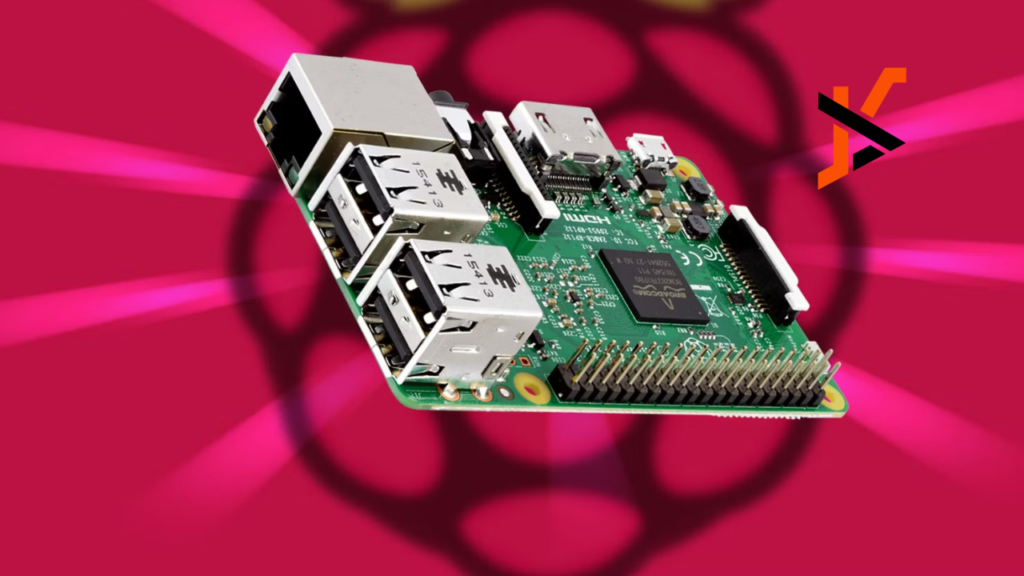The Raspberry Pi, a compact and affordable computer developed by the Raspberry Pi Foundation, has revolutionized the world of computing by providing accessible technology to individuals and organizations around the globe. Its versatility and low cost have made it a popular choice for a wide range of applications, from education to industry. Here, we explore some of the most common and innovative uses of the Raspberry Pi.
Educational Purposes
One of the primary motivations behind the creation of the Raspberry Pi was to promote computer science education. It serves as an excellent tool for teaching programming, electronics, and robotics. Schools and educational institutions use Raspberry Pi to introduce students to coding languages such as Python, Scratch, and JavaScript. With its user-friendly interface and extensive online resources, students can build projects that enhance their understanding of computing concepts.
DIY Projects and Home Automation
The Raspberry Pi is a favorite among hobbyists and DIY enthusiasts. Its flexibility allows users to create a variety of projects, including:
- Home Automation Systems: Control lights, security cameras, and other smart home devices using Raspberry Pi.
- Media Centers: Transform a Raspberry Pi into a media center with software like Kodi, enabling streaming of movies, music, and TV shows.
- Retro Gaming Consoles: Emulate classic gaming systems with RetroPie, providing a nostalgic gaming experience.
Internet of Things (IoT)
As IoT continues to grow, the raspberry pi 5 has become a key player in developing connected devices. It can be used to create smart sensors, weather stations, and other IoT devices. With its GPIO pins, the Raspberry Pi can interface with a variety of sensors and modules, making it ideal for IoT prototyping and projects.
Robotics
The Raspberry Pi’s processing power and GPIO capabilities make it suitable for building and programming robots. It can control motors, servos, and sensors, allowing users to create robots that can perform tasks ranging from simple movements to complex operations. Educational kits and online tutorials provide step-by-step guidance for building robots with Raspberry Pi.
Network Security and Monitoring
The Raspberry Pi is used extensively in network security and monitoring applications. It can function as a network monitoring tool, detecting anomalies and ensuring network security. Additionally, it can be set up as a VPN server, providing secure remote access to a network.
Industrial Applications
In industrial settings, the Raspberry Pi is used for monitoring and automation. Its small size and reliability make it suitable for controlling machinery, monitoring production processes, and collecting data. Industries such as manufacturing, agriculture, and logistics utilize Raspberry Pi to improve efficiency and reduce costs.
Learning and Experimentation
Beyond specific applications, the Raspberry Pi serves as a platform for learning and experimentation. It encourages users to explore computing, electronics, and engineering. Its affordability allows individuals to experiment without a significant financial investment, fostering innovation and creativity.
Conclusion
The Raspberry Pi’s versatility, affordability, and accessibility have made it an indispensable tool in various fields. From education to industry, home automation to IoT, its applications are vast and continually expanding. Whether you are a student, hobbyist, or professional, the Raspberry Pi offers endless possibilities for innovation and learning. For more information and to explore Raspberry Pi products, visit besomi.com.

